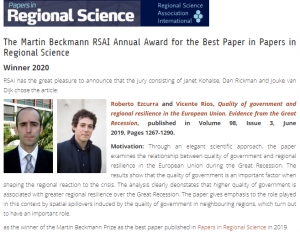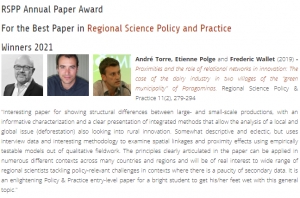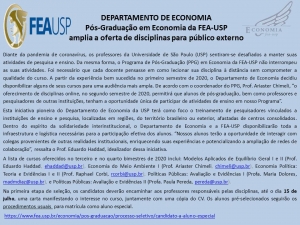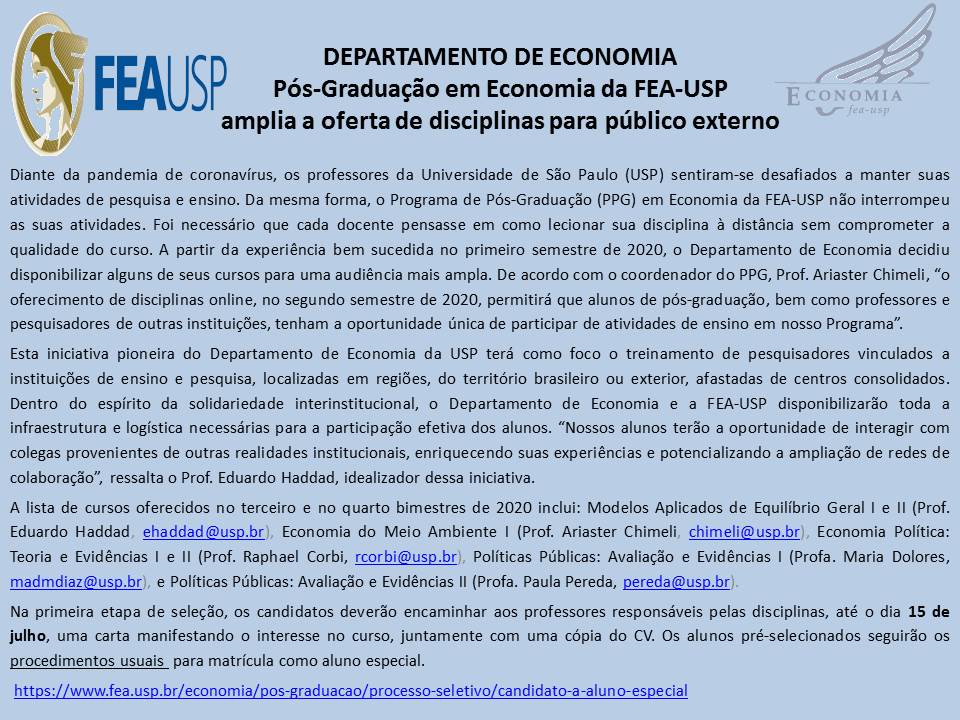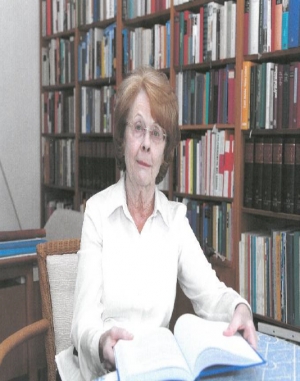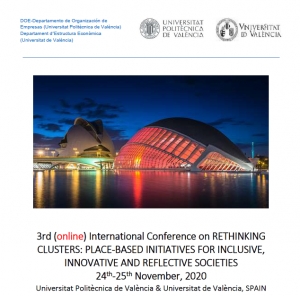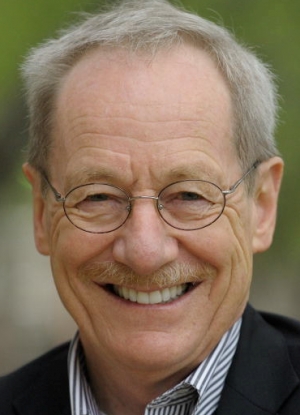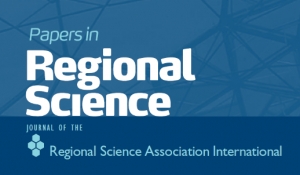Peter Nijkamp Research Award
Elisabete Martins
Winner 2020 - Martin Beckmann Annual Award for the best paper published in Papers in Regional Science in 2019

The Martin Beckmann RSAI Annual Award for the Best Paper in Papers in Regional Science
Winner 2020
RSAI has the great pleasure to announce that the jury consisting of Janet Kohlhase, Dan Rickman and Jouke van Dijk chose the article:
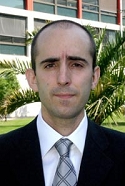
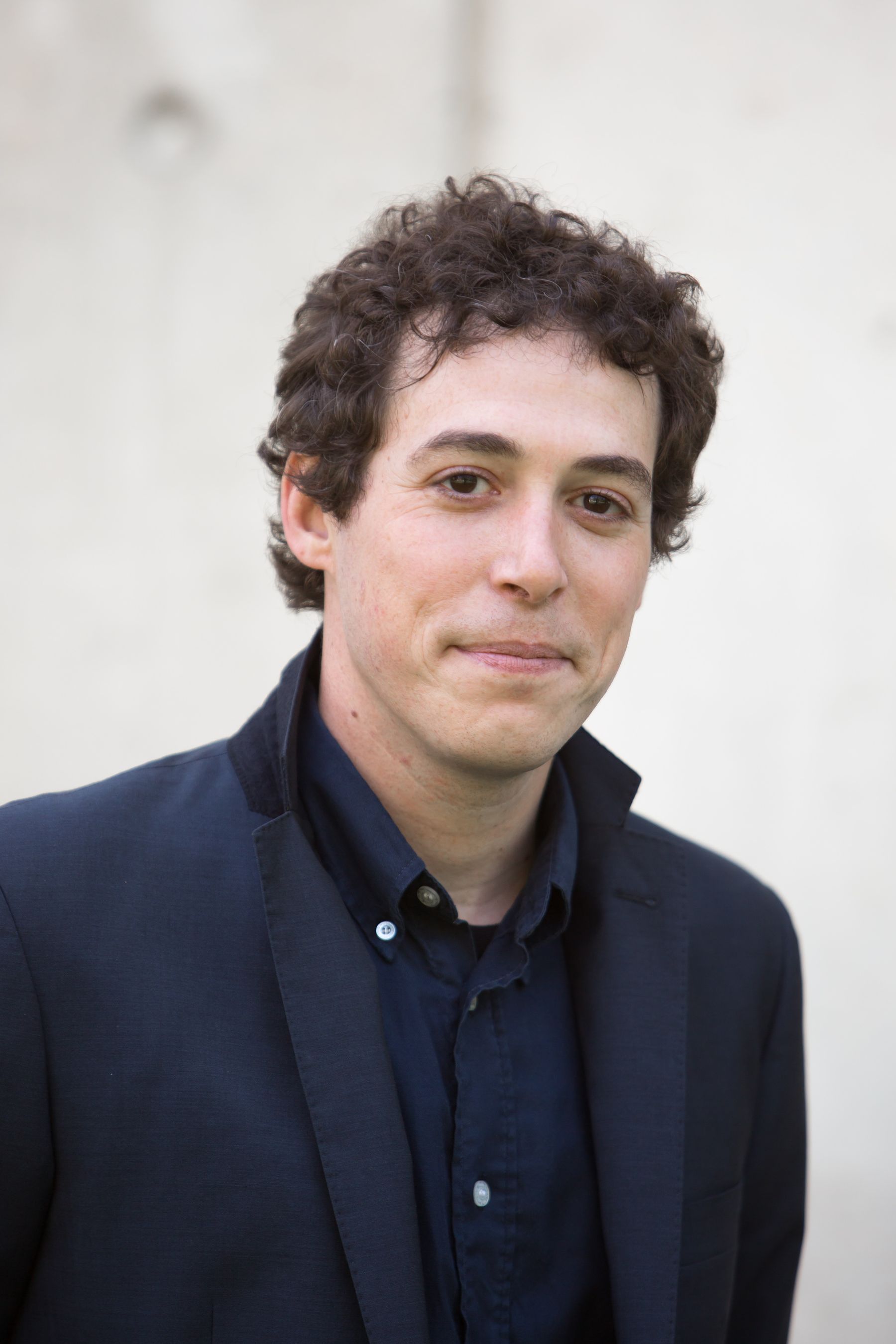 Roberto Ezcurra and Vicente Rios, Quality of government and regional resilience in the European Union. Evidence from the Great Recession, published in Volume 98, Issue 3, June 2019, Pages 1267-1290.
Roberto Ezcurra and Vicente Rios, Quality of government and regional resilience in the European Union. Evidence from the Great Recession, published in Volume 98, Issue 3, June 2019, Pages 1267-1290.
Motivation: Through an elegant scientific approach, the paper examines the relationship between quality of government and regional resilience in the European Union during the Great Recession. The results show that the quality of government is an important factor when shaping the regional reaction to the crisis. The analysis clearly deonstates that higher quality of government is associated with greater regional resilience over the Great Recession. The paper gives emphasis to the role played in this context by spatial spillovers induced by the quality of government in neighbouring regions, which turn out to have an important role.
as the winner of the Martin Beckmann Prize as the best paper published in Papers in Regional Science in 2019.
Winner 2021 RSPP Annual Paper Award For the Best Paper in Regional Science Policy and Practice published in 2019
RSPP Paper 2021 Award (related to papers published in 2019)
RSPP Annual Paper Award
For the Best Paper in Regional Science Policy and Practice
Winners 2021
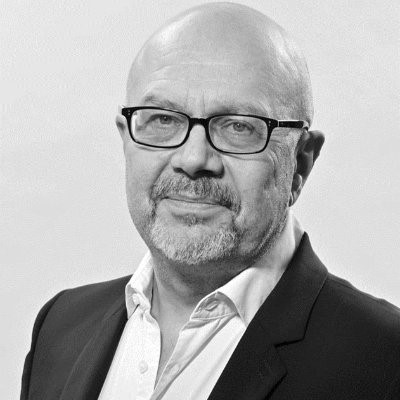
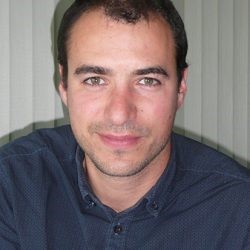
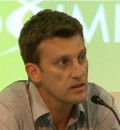 André Torre, Etienne Polge and Frederic Wallet (2019) - Proximities and the role of relational networks in innovation: The case of the dairy industry in two villages of the “green municipality” of Paragominas. Regional Science Policy & Practice 11(2), 279-294
André Torre, Etienne Polge and Frederic Wallet (2019) - Proximities and the role of relational networks in innovation: The case of the dairy industry in two villages of the “green municipality” of Paragominas. Regional Science Policy & Practice 11(2), 279-294
"Interesting paper for showing structural differences between large- and small-scale productions, with an informative characterization and a clear presentation of integrated methods that allow the analysis of a local and global issue (deforestation) also looking into rural innovation. Somewhat descriptive and eclectic, but uses interview data and interesting methodology to examine spatial linkages and proximity effects using empirically testable models out of qualitative fieldwork. The principles clearly articulated in the paper can be applied in numerous different contexts across many countries and regions and will be of real interest to wide range of regional scientists tackling policy-relevant challenges in contexts where there is a paucity of secondary data. It is an enlightening Policy & Practice entry-level paper for a bright student to get his/her feet wet with this general topic."
The winner paper is free on-line until the end of August - https://rsaiconnect.onlinelibrary.wiley.com/doi/full/10.1111/rsp3.12151
The ERSA Web Conference | Spatial Challenges for the New World, 25-27 August, 2020
 Dear Members, Dear Colleagues,
Dear Members, Dear Colleagues,
- Keynote Speeches
- Roundtable on Covid-19 with proven scholars and experts
- Parallel Sessions : Special Session topics, General topics
- Young Scientists' Sessions
- Online Networking breaks
- more opportunities
An extraordinary Speakers' Line up including Pierre-Alexandre Balland, Simin Davoudi, Mafini Dosso, Raquel Ortega-Argilès, Daniel M. Sturm and Hans Westlund more
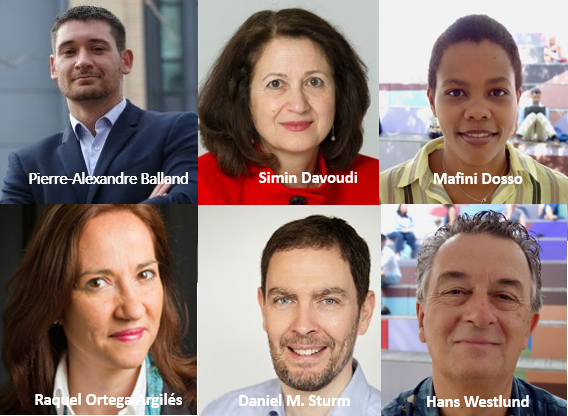
- Detailed programme available by July 15th
- Registration for attendees to start on July 20th
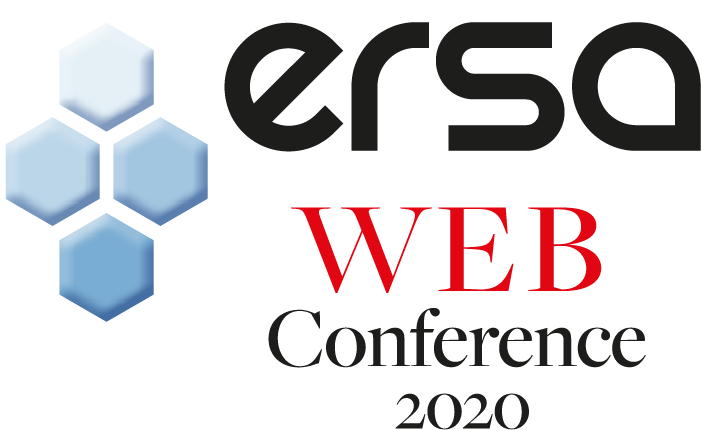
OFERTA DE CURSOS ONLINE DA PÓS-GRADUAÇÃO EM ECONOMIA - FEA-USP PARA PÚBLICO EXTERNO
In memory of Professor Dr. Karin Peschel (1935-2020)
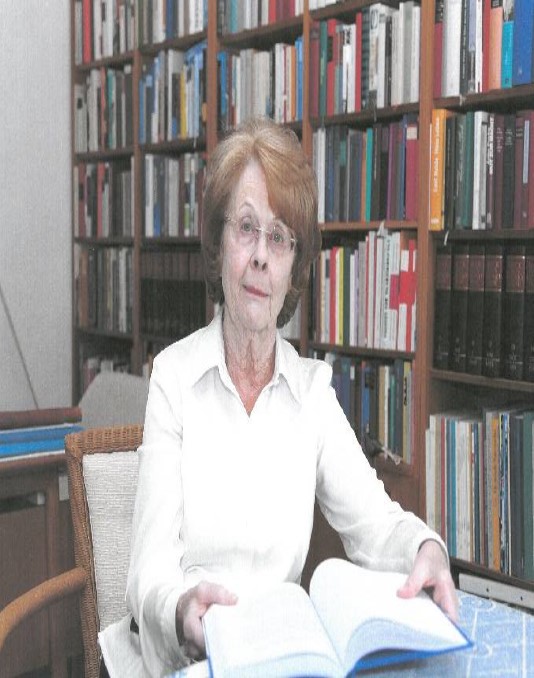 Professor Dr. Karin Peschel, long standing director of the Institute for Regional Research at Kiel Univer-sity, passed away on 19 June 2020. She was aged 84. In the 1960s, Karin Peschel played an active role in the foundation of the “Gesellschaft für Regionalforschung”, the German Speaking Section of the Regional Science Association International, in which she remained active for over 50 years.
Professor Dr. Karin Peschel, long standing director of the Institute for Regional Research at Kiel Univer-sity, passed away on 19 June 2020. She was aged 84. In the 1960s, Karin Peschel played an active role in the foundation of the “Gesellschaft für Regionalforschung”, the German Speaking Section of the Regional Science Association International, in which she remained active for over 50 years.
Born in Leipzig, Karin Peschel studied Economics at the University of Braunschweig. In 1963, she earned her Economics doctorate at the University of Münster. Her doctoral dissertation, conducted under the supervision of Andreas Predöhl, concerned itself with the market-based organisation of the transport sector. Having completed her doctoral studies, she decided to pursue an academic career in Econom-ics, an unusual step for a woman in the 1960s. She habilitated in 1970 under the supervision of Rolf Funck in Karlsruhe. In 1971, she was successful in securing a professorship at the Institute of Theoret-ical Economics at Kiel University. In 1973, she replaced Reimut Jochimsen, assuming the leadership of the Institute for Regional Research.
At the institute, Karin Peschel initiated a research programme, which focussed on the spatial effects and structures of integration processes and international trade, respectively. One of the Institute’s prominent areas of research concerned the European integration of the Scandinavian economies. In the course of these research activities, she forged research ties with many academics and practitioners in Scandinavia, her research network later widening to encompass the entire Baltic Sea Region. The wealth of joint publications and conferences testify to these very productive collaborations.
Karin Peschel was also a much sought-after advisor on matters relating to regional, structural and in-novation policy. She was active in numerous committees at the federal level. However, her home state of Schleswig-Holstein remained close to her heart, a commitment testified by her tireless and devoted efforts towards promoting economic prosperity in the region.
From 1992 to 1996, Karin Peschel occupied the position of Rector at Kiel University. It should be remembered, she was the first woman to hold this office since the university’s foundation. Additionally,
she remained one of the very few women ever appointed to this position. She made history as Rector when, in 1993, she annulled the politically motivated revocations of doctoral degrees by the National
Socialist regime. In so doing, she helped to make amends for an injustice that had lasted for over 50 years.
Karin's hobby was riding, but her passion remained the mountains, despite relocating to the Baltic lowlands. In her youth, she climbed and explored the Alps with a friend. Later, she was to discover her
love for the mountainous landscape of Norway, a passion she could indulge through her many Scandinavian connections.
The Institute for Environmental, Resource and Spatial Economics mourns the loss of a dedicated scientist, a revered teacher and a beloved colleague.
3rd (online) International Conference on RETHINKING CLUSTERS: PLACE-BASED INITIATIVES FOR INCLUSIVE, INNOVATIVE AND REFLECTIVE SOCIETIES, 24-25 November, 2020
RETHINKING CLUSTERS
3RD INTERNATIONAL WORKSHOP ON CLUSTER RESEARCH (online)
VALENCIA, SPAIN, NOVEMBER, 24th-25th, 2020
We are happy to announce the online RETHINKING CLUSTERS 2020 Conference for November, 24th-25th, 2020.
Due to Covid restrictions, the Conference migrates to an online version, to keep conversation among scholars alive!!
- The deadline for paper submission has been extended up to September, 1st, 2020.
- Remember to provide at least three key words when submitting, indicating the Track you prefer.
Please, see the new Call for Papers and visit:
https://www.rethinkingclusters.org/
Those of you that already submitted, not necessarily submitting again.
Jose-Luis Hervas-Oliver and Rafael Boix, on behalf of the 3rd (online) Rethinking Clusters Workshop Organizing Committee.
Prof. Geoffrey Hewings is awarded the 2020 RSAI Founder’s medal
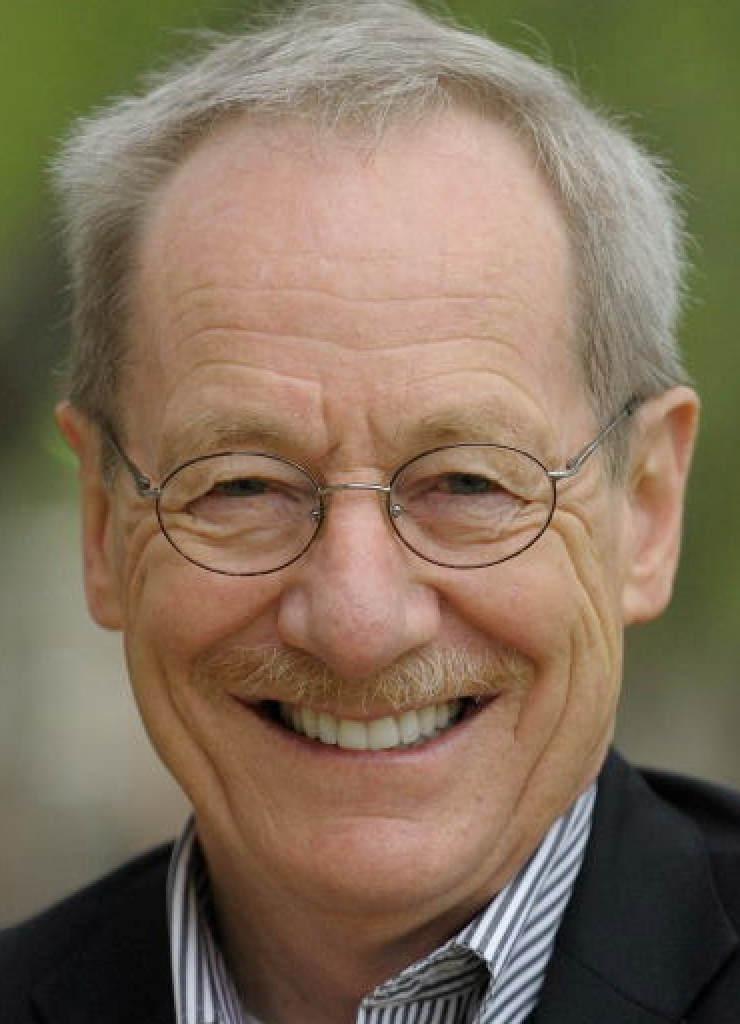 Prof. Geoffrey Hewings, Emeritus Director of REAL, has been awarded the 2020 Founder’s medal!
Prof. Geoffrey Hewings, Emeritus Director of REAL, has been awarded the 2020 Founder’s medal!
The proposal, made by the committee Mark Partridge (President); Lily Kiminami (PRSCO); Andrés Rodrigues-Pose and Philip McCann (ERSA); and Dan McMillen (NARSC), was approved as suggested by the award rules by the previous winners of the same award. The RSAI Council thanks all members of both groups for their professional service and dedication.
This award comes as no surprise, given Geoffrey’s outstanding career in Regional Science.
Prof. Hewings was the founding Director of REAL and served in this position until August 2016. He obtained a B.A. from the University of Birmingham (UK) and an M.A. and a Ph.D. from the University of Washington (Seattle). Prior to coming to Illinois in 1974, he was on the faculty of the University of Kent at Canterbury (UK) and the University of Toronto (Canada).
He is also a recipient of the Fulbright and the Woodrow Wilson awards and, in 2003, he has also been nominated Fellow of the Regional Science Association International. He is also Fellow of the International Input-Output Association (since 2010) and the Western Regional Science Association (also since 2010). Geoffrey has also served as President of the North American Regional Science Council, the Regional Science Association International, the Western Regional Science Association and the International Input-Output Association.
The RSAI congratulates Geoffrey on this outstanding achievement!
Papers in Regional Science - 2019 Impact Factor
Papers in Regional Science’s 2-year and 5-year Impact Factors each increased in 2019. Additionally, the journal’s rankings in Geography and Economics improved, and its rank in Regional & Urban Planning remained the same.
|
2018 |
2019 |
|
|
2 -year impact factor |
2.020 |
2.220 |
|
5-year impact factor |
1.992 |
2.165 |
|
Rank in Regional & Urban Planning |
23/39 |
23/39 |
|
Rank in Geography |
40/83 |
37/84 |
|
Rank in Environmental Studies |
66/116 |
68/123 |
|
Rank in Economics |
100/363 |
96/371 |
NARSC Summer Speakers Series
The North American Regional Science Council is pleased to announce its 2020 Summer Speakers Series. Registration is free, but you must register for each presentation separately. The line-up of speakers and their presentation titles can be found below. For more detailed information, including presentation abstracts and presenter bios, please go to http://www.narsc.org/newsite/narsc-summer-speakers-series/.
SPEAKER 1
Title: Regional Science: Origins and Development – A Personal Perspective
Presenter: Luc Anselin, University of Chicago.
Time: Tuesday, July 14, 2020 11:00am-1:00pm (EST)
Registration Link: https://uiowa.zoom.us/webinar/register/WN_gtEBGbCGRPK518_Qs3gNxQ
SPEAKER 2
Title: Anticipating a World of Automated Vehicles: Cost, Energy, & Urban System Implications
Presenter: Kara Kockelman, University of Texas at Austin.
Time: Tuesday, July 28, 2020 11:00am-1:00pm (EST)
Registration Link: https://uiowa.zoom.us/webinar/register/WN_mseS0EtnQZaIRZNaOvetMA
SPEAKER 3
Title: COVID-19 and Implosion of Regional Economies
Presenter: Mark Partridge, Ohio State University.
Time: Tuesday, August 11, 2020 11:00am-1:00pm (EST)
Registration Link: https://uiowa.zoom.us/webinar/register/WN_6UG3FrJ3Rgmx8bVO57f6_A
Deadline extended: 27th APDR Congress, 10-11 September 2020, Angra do Heroísmo in Terceira Island, Portugal
Dear colleagues
The Annual Congress of the Portuguese Association for Regional Development (http://www.apdr.pt/congresso/2020) will be face to face and online, in Portuguese, English, Spanish and French.
Because there are urgent topics that need to be analyzed scientifically, we would like to extend participation to all regional scientists in the world who can communicate in these languages.
To make this more feasible, we postponed the abstract submission deadline to 3 July and reduced the cost of participation for participants from low- and middle-income countries.
Papers can easily be submitted to the Portuguese Journal of Regional Studies and the Regional Science Policy and Practice, in addition to being part of a well-structured edition of the proceedings of the Congress.
You are very much welcome to submit an abstract and present your thoughts.
The LOC
Tomaz Ponce Dentinho
About Us
The Regional Science Association International (RSAI), founded in 1954, is an international community of scholars interested in the regional impacts of national or global processes of economic and social change.

